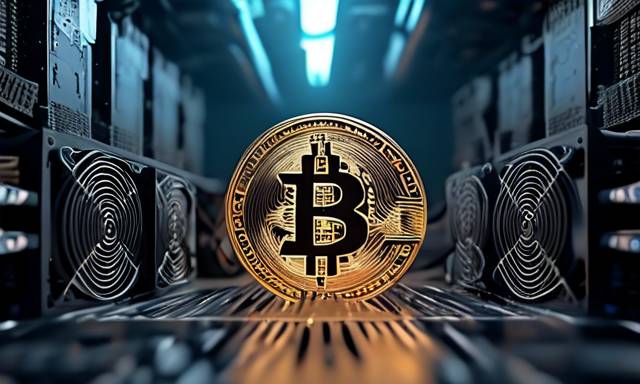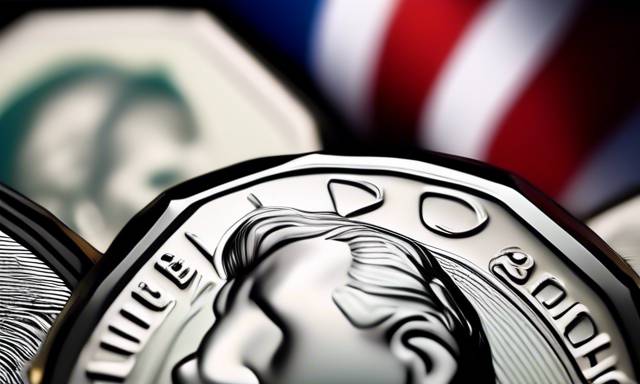Overview of Kraken’s Legal Standoff with the SEC 🤔
This year, the cryptocurrency exchange Kraken has found itself amid legal battles with the United States Securities and Exchange Commission (SEC). The SEC contends that several digital tokens available on Kraken should be classified as unregistered securities, a designation that comes with stringent regulatory obligations. In response, Kraken fiercely rebuffed these allegations, maintaining that the assets in dispute do not fulfill the necessary criteria to be categorized as securities under U.S. law.
Kraken Asserts Digital Assets Are Not Securities 🛡️
In Kraken’s legal rebuttal, the company highlights a range of popular cryptocurrencies—including Cardano (ADA), Algorand (ALGO), and Cosmos (ATOM)—arguing that they do not qualify as investment contracts as defined by U.S. legislation. The exchange asserts that these digital assets and many others listed on their platform are outside the SEC’s regulatory reach.
Specifically, Kraken stated, “We did not breach Sections 5, 15(a), and 17A of the Securities Exchange Act of 1934 because ADA, ALGO, ATOM, FIL, FLOW, ICP, MANA, MATIC, NEAR, OMG, and SOL are neither securities nor investment contracts.” This declaration is a critical part of Kraken’s defense strategy.
To solidify its position, Kraken invoked the influential Supreme Court ruling in SEC v. W.J. Howey Co., which established the “Howey test” used to determine if an asset qualifies as an investment contract. The company claims the SEC has failed to demonstrate that the questioned digital assets satisfy the Howey test criteria, thereby exempting them from being classified as securities under current U.S. law.
Critique of the SEC’s Regulatory Tactics ⚖️
In addition to its firm legal stance, Kraken criticized the SEC’s regulatory framework, accusing the agency of exceeding its authority in an evolving industry that often lacks clear regulatory guidelines. Kraken’s filing contends, “The SEC is not authorized to regulate our platform since digital assets are not classified as securities or investment contracts.”
Moreover, Kraken pointed out the ambiguity surrounding the SEC’s interpretation of existing securities laws in the context of digital assets. The exchange argued that it had not received “fair notice” about the legal obligations under which it operates.
Key legal representatives from the cryptocurrency sector have echoed Kraken’s sentiments. Notable figures such as Stuart Alderoty from Ripple and Paul Grewal from Coinbase have publicly criticized the SEC’s management of crypto-related matters. Alderoty characterized the SEC’s stance on “crypto asset securities” as complex and inconsistent, while Grewal highlighted the conflicting nature of the SEC’s claims, especially concerning its case against Ripple and its native asset, XRP.
State-Level Pushback Against SEC Regulations 🚨
Recently, a group of seven U.S. states has united to contest the SEC’s regulatory authority over cryptocurrency markets. Spearheaded by Iowa Attorney General Brenna Bird, these states have submitted an amicus brief asserting that the SEC’s attempts to regulate digital assets represent an overreach that threatens to stifle innovation in the sector and exceed the agency’s established boundaries.
On another note, Kraken’s recent legal troubles haven’t been confined to the U.S. Just last month, a court in Australia ruled against Bit Trade, a subsidiary of Kraken’s parent organization, Payward Incorporated. The ruling determined that the platform had violated the country’s Corporations Act, particularly section 994B(2), since October 2021. This ruling has significant implications for Kraken’s operations in Australia, where they had aimed to expand their digital asset services after acquiring Bit Trade in 2020.
Hot Take: Navigating the Regulatory Landscape 🌐
The ongoing clash between Kraken and the SEC underscores the complexities surrounding the regulatory environment for cryptocurrencies. As the digital asset space evolves, both industry players and regulatory bodies will need to navigate these murky waters with caution. The legal arguments put forth by Kraken may not only shape the exchange’s future but could potentially impact broader industry regulations.
As discussions continue, the cryptocurrency landscape remains fluid, highlighting the importance of adapting to regulatory shifts while maintaining operational integrity. This year has certainly set the stage for ongoing debates and potential repercussions for how digital assets are perceived and governed in the United States.





 By
By
 By
By
 By
By


 By
By